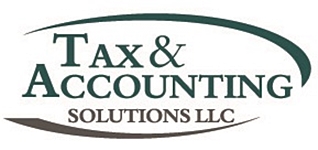The CARES (Coronavirus Aid, Relief, and Economic Security) Act, signed by the president on March 27, 2020, provides relief to individuals in a number of ways.
2020 Recovery Rebates
Single taxpayers are entitled to $1,200 (married taxpayers who file a joint return are entitled to $2,400) in the form of a tax rebate. If you have dependent children under the age of 17, you’ll receive an additional $500 per child. High-income earners — single filers making more than $99,000 a year and joint filers making more than $198,000 — are subject to a payment phase-out. The amount is based on what you reported on your 2019 income tax return, but if you have not yet filed your 2019 return, the IRS will base your payment on your 2018 return.
There is nothing you need to do to receive this payment. If you included your bank account information on your last-filed return, the IRS will make a direct deposit to that account. If you did not include bank account information on your tax return, you’ll receive a check by mail.
Retirement Distributions
If you are affected by the coronavirus and are under 59 1/2 years of age, you may withdraw up to $100,000 from your retirement plan or IRA without incurring the 10 percent premature distribution penalty. Penalty-free distributions are those made after Jan. 1, 2020, and before Dec. 31, 2020.
You may qualify for this distribution if you, your spouse or a dependent have been diagnosed with COVID-19 or are experiencing adverse financial consequences as a result of being quarantined, furloughed or laid off, working reduced hours due the virus, being unable to work due to lack of child care because of the virus, or had to close your business or reduce the number of hours your business is open.
Retirement Plan Loans
Under the current rules, you can generally borrow up to $50,000 from your retirement plan tax-free if you agree to repay it within five years. The CARES Act increases that amount to $100,000. If you have a current plan loan that you’re repaying in 2020, you’ll be granted a one-year delay for making that repayment.
Required Minimum Distribution
When you reach a certain age — generally 70 1/2 — you are required to take a minimum distribution from your IRA or retirement plan. If you are required to take a minimum distribution in 2020, you can choose not to without incurring a penalty.
Charitable Contributions
This relief allows you a deduction for being charitable. Generally, you must itemize your deductions to receive a tax benefit for charitable contributions. Beginning in 2020, you can make charitable contributions in cash of up to $300 without itemizing your deductions.

